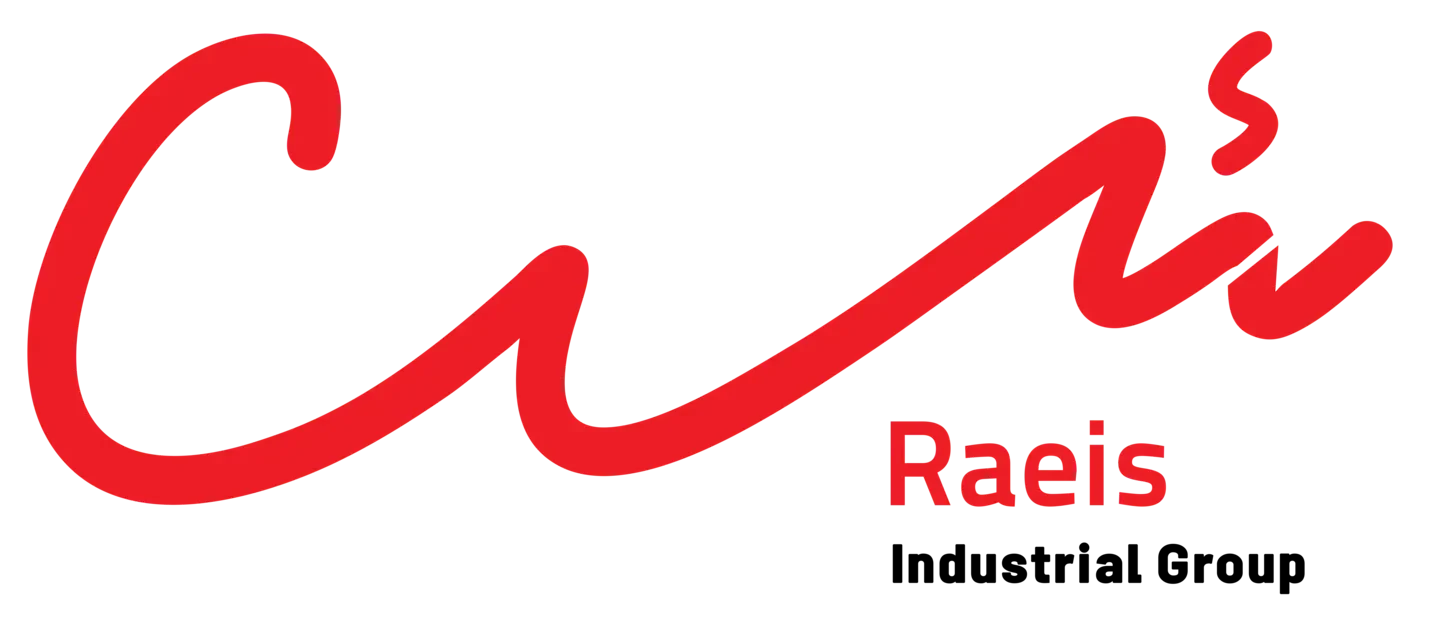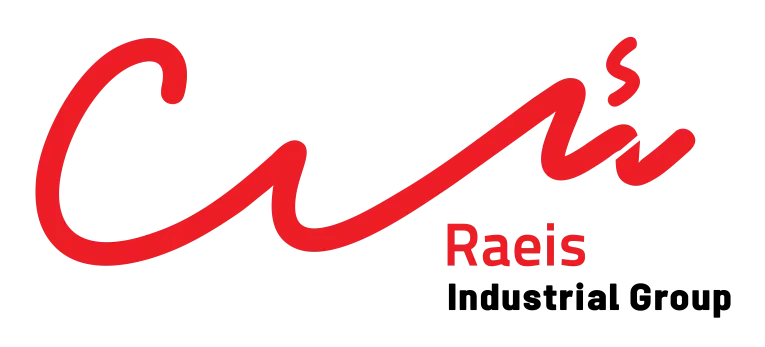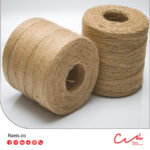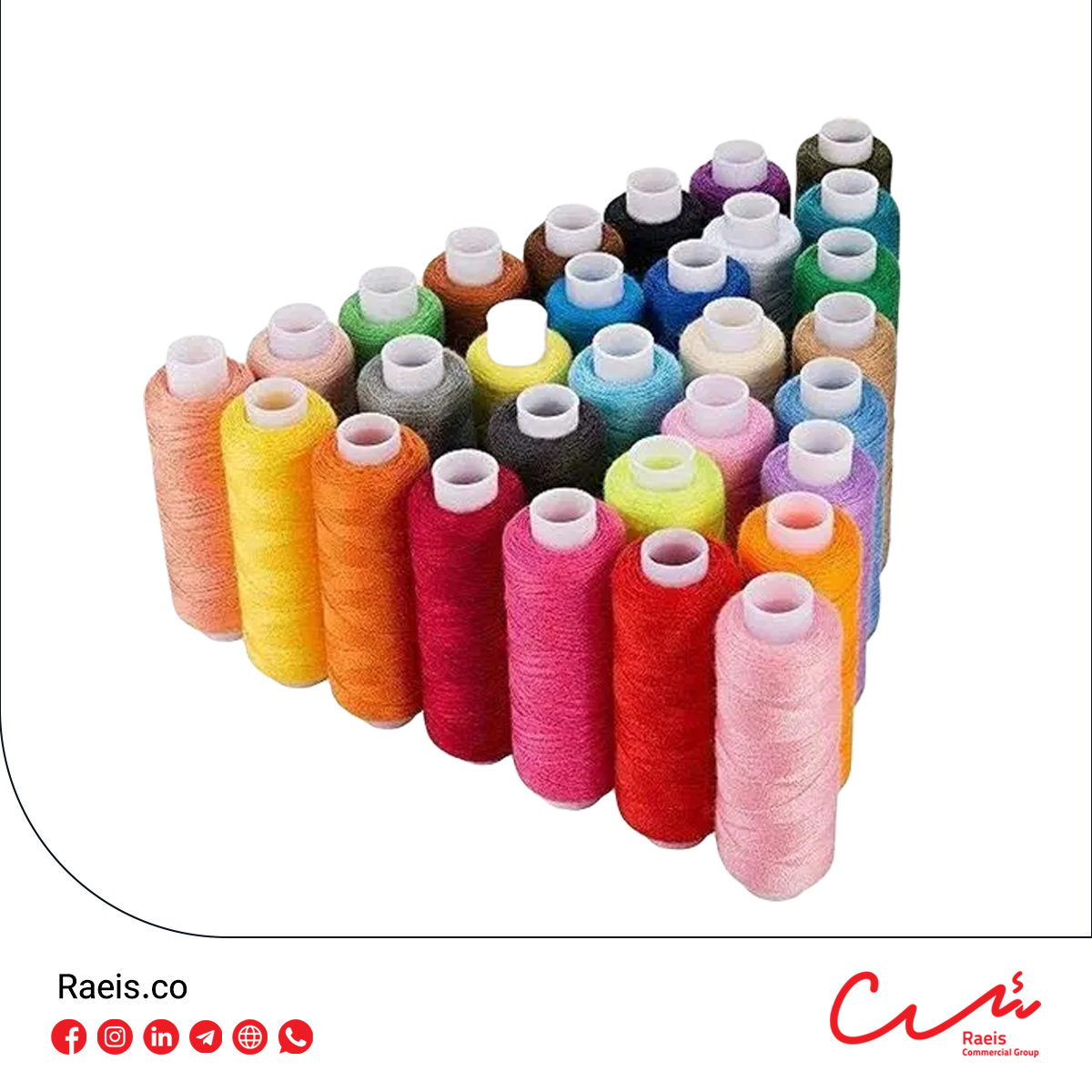BCF yarn
ارسال رایگان
تحویل اکسپرس و سریع
20 هزار محصول
روش های پرداخت
پشتیبانی 24/7
پشتیبانی نامحدود آنلاین
تحویل 2 روزه
پیگیری سفارشات
Machine-made carpets, along with hand-woven rugs, are among the artistic and industrial treasures of Iran. The authenticity of Iranian carpets is one of their defining features, earning them a special status worldwide. Several factors influence the final quality and value of carpets, with the type of yarn used in the weaving process being the most critical. Technological advancements in the carpet industry have led to the production of various yarn types, resulting in a diverse range of carpets made from different materials. Commonly used yarn types include acrylic, polyester, BCF, virgin, and polypropylene, each with unique manufacturing methods, advantages, and disadvantages.
One of the available yarns is Bulk Continuous Filament (BCF) yarn. This type of yarn is produced by converting polymers into continuous fibers, characterized by a robust structure and high tensile strength. BCF yarn is used in carpets designed for longevity, offering resistance to stains and wear. As a result, this article by Raeis Industrial Group explores BCF yarn, its production process, advantages, disadvantages, and applications.
BCF Yarn and Its Production Process
BCF yarn is filament yarn widely used in various applications. These bulked fibers, primarily made from polypropylene, lack elasticity but offer excellent length, resistance, and strength, setting them apart from other yarn types. BCF yarn is more uniform and cohesive compared to spun yarns and is softer and shinier, making it highly durable.
Production Process
- Raw Material Preparation: Polypropylene and color masterbatch pigments are blended in specified proportions.
- Extrusion: The blended materials are melted and passed through fine nozzles, forming continuous thin strands (filaments).
- Cooling: The extruded filaments are cooled using air compressors and chillers.
- Drawing and Stabilization: Filaments are aligned and passed through high-temperature tubes to enhance their structure, resulting in raw BCF yarn.
- Texturing: The yarn is processed in a shock chamber to impart bulk and texture.
- Packaging: The finished yarn is wound onto spools and prepared for market distribution.
Advantages and Disadvantages of BCF Yarn
Advantages
- Durability: BCF yarn’s continuous filament structure ensures high durability, making carpets and products long-lasting and suitable for high-traffic areas.
- Ease of Maintenance: Stain resistance and easy washing make BCF yarn ideal for household and public environments.
- Variety and Aesthetic Appeal: The yarn’s vibrant colors and shiny appearance allow for the production of attractive and diverse designs.
- Heat Resistance: Resistant to heat and sunlight, BCF yarn prevents discoloration and degradation.
- Lightweight: Compared to acrylic yarn, BCF yarn is lighter, making carpets and products easier to handle and transport.
- Economic Efficiency: BCF yarn is more cost-effective than natural fibers, offering a budget-friendly alternative.
Disadvantages
- Lower Density: BCF yarn cannot be used in high-density or fine-pile carpets, limiting its application in premium-quality products.
- Static Electricity: The synthetic nature of BCF yarn can lead to static buildup, attracting dust and causing sensitivity issues for some individuals.
- Reduced Softness: BCF yarn lacks the softness and delicacy of acrylic, wool, or silk, affecting the tactile quality of the final products.
Applications of BCF Yarn
BCF yarn is widely used in:
- Carpet production
- Rugs and floor coverings
- Mats and moquettes
- Yarn for knitting and crocheting
- Carpet pile and decorative items
BCF Yarn in the Carpet Industry: Economic and Commercial Impacts
BCF yarn plays a crucial role in the machine-made carpet industry due to its strength, abrasion resistance, and flexibility. Raeis Industrial Group supplies high-quality BCF yarn, enabling manufacturers to produce durable and attractive carpets. The affordability of BCF yarn also helps manufacturers offer competitively priced products while maintaining quality.
Considerations for Purchasing BCF Yarn
- Quality: Ensure the yarn is made from premium materials and meets production standards.
- Technical Specifications: Check properties like filament count, thickness, and resistance to heat and moisture.
- Supplier Reliability: Source from reputable suppliers with consistent inventory.
- Cost and Payment Terms: Compare prices and consider bulk purchase discounts.
- Compliance: Verify that the yarn complies with industry standards for safety and non-toxicity.
- Warranty and After-Sales Support: Choose suppliers offering guarantees and support services.
Purchasing BCF Yarn
BCF yarn is an excellent choice for those seeking durable, cost-effective materials for carpet production. While it offers affordability, it is essential to assess factors like size, quality, strength, and filament count during the purchase process. Raeis Industrial Group, with its expertise in high-quality yarn, ensures a reliable and informed buying experience.
Pricing of BCF Yarn
Pricing depends on various factors such as strength, filament count, quality grade, brand, and market fluctuations. Raeis Industrial Group offers competitive pricing for high-quality BCF yarn. For detailed pricing or a free consultation, contact Raeis Industrial Group’s specialists.
Show reviews in all languages (7)





Reviews
There are no reviews yet.